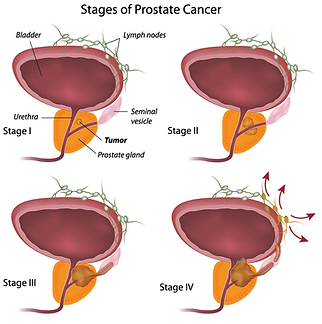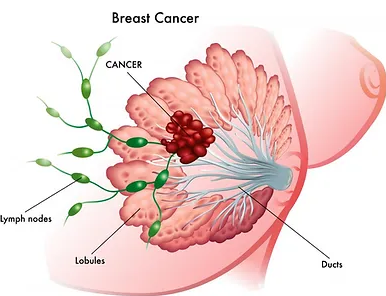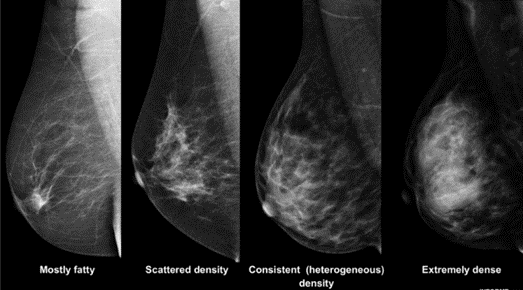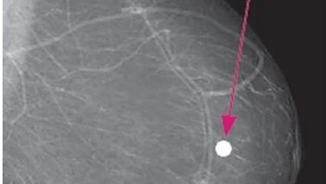Failure to Diagnose
Failure to diagnose or medical misdiagnosis of a medical condition or illness can have serious and life-threatening consequences for a patient. If you have suffered harm due to lack of treatment or incorrect treatment for an undiagnosed condition by a medical practitioner, you may have established grounds for a compensation claim.
Areas of Expertise: Failure to diagnose
Failure to diagnose a medical condition or illness is a common cause of medical negligence claims against GP’s. This often results from inadequate tests, physical examinations, follow-up care, or poor communication.
Prostate Cancer
Prostate cancer affects one in six men by the age of 65.[3] GPs owe a duty
of care to investigate potential symptoms, including frequent or painful
urination, blood in the urine, and back or pelvic pain. Diagnostic tools
include a digital rectal exam, PSA level blood test, biopsy, and ultrasound.
This can be complicated by male patients who are often reluctant to conduct
health checks, particularly more invasive or exposing procedures. This does not reduce the medical professional’s duty of care, and it is their responsibility to ensure they complete the required tests, with consent, to ensure an accurate diagnosis.

To meet the required standard of care, there are several diagnostic tools available to medical practitioners to reach a prostate cancer diagnosis:
- Digital rectal exam – Involves inserting a gloved finger into the rectum to check for an irregular surface or lump.
- Blood test to determine PSA level – A protein produced by the prostate which can be higher than normal in people with prostate cancer.
- Biopsy
- Ultrasound
In late 2022, Stern law settled a medical negligence case against a GP for a failure to diagnose prostate cancer. The GP was found to not have taken appropriate steps to follow up an elevated PSA result or conduct a rectal examination, which failed to meet the standard of reasonable care. The plaintiff had to undergo a radical prostatectomy, which involved the removal of the prostate gland and the section of the urethra that runs through it.[4] This has left the claimant with multiple long-term consequences including urinary incontinence and the loss of sexual function. He was rewarded $200, 000 compensation at mediation.
Breast Cancer
In 2020, breast cancer was the fifth most common cause of cancer death in Australia. Early detection remains a life saving measure. The five-year survival rate for a woman with Stage 0 or 1 breast cancer is almost 100% but falls to only 22% when the cancer reaches Stage IV.[5] Occasionally breast cancer symptoms can be negligently missed or disregarded by GP’s which can delay diagnosis and treatment.

A study from the US [6] found that the most common reason for the delay in diagnosis of breast cancer is the failure for the doctor to be ‘impressed’ by the findings of the clinical examination as well as a failure to follow up in a timely fashion. Historically, women aged under 40 are overrepresented for claims involving failure to diagnose breast cancer.
Failure to diagnose breast cancer may not be the result of a single medical practitioner or GP, but a result of several missteps by different healthcare providers.
Examples include:
- Failure to acknowledge a patient’s symptoms.
- Failure to conduct a physical examination or order a mammogram
- A radiologist misreading the results of a screening test
- Failure to order a biopsy
- Failure to communicate results or follow up with patient
Identifying breast cancer in dense breast tissue
Breast composition varies between all women. There are three key components which include; fatty, glandular and connective tissue. The composition of extremely dense breast tissue holds a lot of fibrous and glandular tissues, which ultimately makes it more difficult to see cancer on a mammogram. This is because dense tissue appears white on a mammogram, like tumours, making it very difficult for technicians to notice an abnormality.

Importantly, dense breast tissue cannot be felt by physical examination, only a mammogram can reveal it. This places a higher burden on the radiologist to recognise the risk this possesses and to meet the standard of care by completing relevant tests to prevent a false negative test result.

Cancer on a mammogram – low density breast (Image Source: BreastScreen SA)

Cancer on a mammogram – high density breast (Image Source: BreastScreen SA)
Women with dense breasts also have a higher risk of developing breast cancer, which makes this even more of a concern. This is combined with other risk factors including hormones, BMI and genetics. [7] Again, it is the responsibility of the radiologist, to complete additional investigations including MRI, Ultrasound or 3D Mammogram which can be more effective for diagnosis in dense tissue.
Professional expert, Mary Rickard, a radiologist from the Sydney Breast Clinic, stated that if women have breasts with density at 50 per cent or more, they should consider having a 3D mammogram along with an ultrasound, rather than relying on a standard mammogram. [8]
However, current standard practice in NSW is not to measure breast density in women due to concerns of varied and inaccurate results depending on how the image is analysed – and the anxiety and confusion this can cause women when passed on.
Many women therefore will not receive disclosure that they hold higher density breasts when they attend a routine mammogram. In result they are deprived the right to access of their own personal medical information and the autonomy to follow up and conduct their own cancer risk assessment.
If your breast cancer has become more serious due to a failure to diagnose or misdiagnosis, you’re likely entitled to compensation through a medical negligence claim. Although it will not erase what you’ve gone through, it will assist you in moving forward by receiving what you deserve.
How to Establish a Medial Misdiagnosis Claim
To establish an action in negligence, with your consent, our firm will collect your personal medical records and any correspondence with the relevant GP. These will be reviewed by specialised medical negligence solicitors and expert medical advice to determine whether the care you received by the GP, failed to meet the standard of reasonable care which resulted in further harm to you.
Reach out to our team at Stern Law, offering a unique and individualised understanding of the sensitive nature of medical negligence claims. We are here to listen and provide guidance through this complex process.
Please call us on (02) 9387 1399 or email us at [email protected]
We look forward to sharing this journey with you.
Disclaimer: The content of this article is intended only to provide a summary and general overview of matters of interest. It does not constitute medical or legal advice and should not be relied on as such.
[1] Cancer.org ‘Breast Cancer’
[2] Australian Family Physician ‘Failure to Diagnose Breast Cancer’
[1] Cancer council, ‘Prostate Cancer’
[2] Health direct ‘Radical Prostatectomy’
[3] Australia Patients Association (7 April 2022) Medical Negligence https://www.patients.org.au/medical-negligence/
[4] Ibid.
[5] Breast Screen NSW ‘Breast Density’
[6] ABC NEWS ‘Have you got dense breasts’

